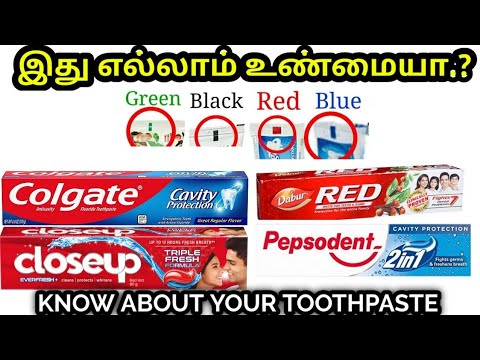Wisdom Tooth Crumbled: Fixing The Damage
The dreaded wisdom tooth issue - a problem that has plagued humanity for centuries. For many, the arrival of wisdom teeth can be a painful and frustrating experience, especially when they become impacted or infected. But what happens when a wisdom tooth crumbles, leaving behind a trail of damage and discomfort? In this comprehensive guide, we’ll delve into the world of wisdom teeth, exploring the causes, symptoms, and solutions for fixing the damage.
Understanding Wisdom Teeth
Before we dive into the intricacies of crumbling wisdom teeth, it’s essential to understand the role these teeth play in our oral health. Wisdom teeth, also known as third molars, typically emerge between the ages of 17 and 25. They are designed to help us chew and grind food, but often, there isn’t enough space in the jaw for them to grow in properly. This can lead to impaction, infection, and a host of other problems.
Causes of a Crumbling Wisdom Tooth
So, why do wisdom teeth crumble in the first place? There are several reasons for this:
- Tooth Decay: Bacteria can accumulate in the crevices of a wisdom tooth, leading to decay and eventual crumbling.
- Gum Disease: Infection of the gums can cause the tooth to become loose and crumble.
- Trauma: A blow to the mouth or face can cause a wisdom tooth to crack or crumble.
- Poor Oral Hygiene: Failing to brush and floss regularly can lead to the buildup of plaque and bacteria, which can cause a wisdom tooth to crumble.
Symptoms of a Crumbling Wisdom Tooth
If you’re experiencing any of the following symptoms, it may be a sign that your wisdom tooth is crumbling:
- Pain: A dull ache or sharp pain in the jaw or gum area
- Swelling: Redness and swelling of the gum or face
- Bad Breath: A foul odor emanating from the mouth
- Taste: A metallic or unpleasant taste in the mouth
- Difficulty Chewing: Pain or discomfort when chewing or biting
Fixing the Damage: Treatment Options
If you’ve been diagnosed with a crumbling wisdom tooth, don’t worry - there are several treatment options available to fix the damage. The goal of treatment is to alleviate pain, prevent further damage, and restore oral health.
- Extraction: In some cases, the tooth may need to be extracted to prevent further damage or infection.
- Fillings: If the tooth is only partially crumbled, a filling may be used to repair the damage.
- Crowns: A crown can be placed over the tooth to protect it from further decay or damage.
- Root Canal: If the tooth is infected, a root canal may be necessary to remove the infected pulp and save the tooth.
It's essential to note that early intervention is key when it comes to treating a crumbling wisdom tooth. The sooner you seek treatment, the better chance you have of preventing further damage and restoring your oral health.
Prevention is Key
While it’s possible to fix the damage caused by a crumbling wisdom tooth, prevention is always the best course of action. Here are a few tips to help you prevent wisdom tooth problems:
- Regular Check-Ups: Schedule regular dental check-ups to monitor the health of your wisdom teeth.
- Good Oral Hygiene: Brush and floss regularly to prevent the buildup of plaque and bacteria.
- Diet: Eat a healthy, balanced diet to help keep your teeth and gums strong.
Conclusion
A crumbling wisdom tooth can be a frustrating and painful experience, but with the right treatment and prevention, you can restore your oral health and prevent further damage. By understanding the causes, symptoms, and treatment options for a crumbling wisdom tooth, you’ll be better equipped to tackle any wisdom tooth issues that come your way.
Q: What are the symptoms of a crumbling wisdom tooth?
+A: Symptoms of a crumbling wisdom tooth include pain, swelling, bad breath, taste, and difficulty chewing.
Q: Can a crumbling wisdom tooth be prevented?
+A: Yes, regular check-ups, good oral hygiene, and a healthy diet can help prevent wisdom tooth problems.
Q: What are the treatment options for a crumbling wisdom tooth?
+A: Treatment options include extraction, fillings, crowns, and root canal.
By following these tips and seeking treatment when necessary, you can keep your wisdom teeth healthy and strong, and prevent the damage caused by a crumbling wisdom tooth. Remember, a healthy smile is just a few steps away!


